Dialogue for Peace
The world in which we live is very diverse. In fact, diversity is everywhere: in nature, in animal life and in humanity. When we look at humanity as a whole, we notice how much diversity there is: cultures, languages, ethnicities, religions, etc. Often, these differences are understood and valued as a richness. The diversity of foods and cuisines worldwide is a good example. But too often, some differences are perceived as so problematic that many people fight over them. Today, around the world, we find many different kinds of violence linked to social conflicts. In many cases, people justify violence by citing irreconcilable cultural, religious or ethnical differences, among others. Misperceptions and negative feelings of one group about another can easily turn into stereotypes following which they can justify discrimination against one or more persons, which can then lead to tension, conflict, and violence.
So how can we overcome such interreligious and intercultural misunderstandings and misperceptions? How can we participate in overcoming these tensions and conflicts? How can we transform conflicts into opportunities for new collaborations? Through dialogue, we can learn to find similarities unnoticed before, and even come to respect and sometimes appreciate differences. Through dialogue, we come together as human beings first to find inclusive solutions to the challenges we face today. The Dialogue for Peace programme invites scouts to discover how they can incorporate dialogue into their everyday lives. With the help of the activities in the Dialogue for Peace guidelines, Scouts can be empowered with the skills and competencies that enable them to actively participate in the decision making and resolution of community issues for a sustainable development. Scouts can earn the Dialogue for Peace badge, or become recognised facilitators or trainers in dialogue to inspire even more scouts to include dialogue in their everyday lives.
Find out more here.


